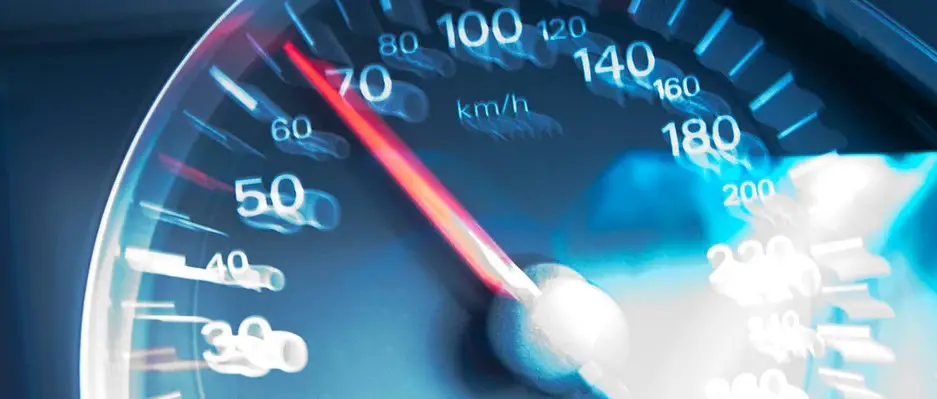If you’re driving over 80 miles per hour, your car can shake for a number of reasons. It could be the tires or the suspension, or it could be the road itself. If you’re just starting to feel the shaking at 80 mph, it’s probably your tires that are causing it.
If you’ve just bought new tires, they might not have had enough time to break in yet. If you’ve already been driving on them for a while, but they still don’t feel right, take them into a shop and have them checked out.
If you still feel some shaking after changing your tires out for new ones, then look at your suspension next. The suspension helps keep your car stable and smooth while driving, so if it’s not working correctly it could be causing this problem.
You’ll want to get this looked at as soon as possible because if there are any issues with your car’s suspension system, they could pose a safety hazard.
If neither of these is causing the shaking when driving over 80 mph then what’s left is well nothing really. It could be that there’s something wrong with your car frame or chassis and that would mean taking it into an auto repair shop as soon as possible so they can take a look at everything.
What causes a shake?
If you’re driving along at 80 mph and suddenly feel your car shaking, it’s worth investigating the cause of that shake. It could be something as simple as a loose tire, or it could be something more serious like a problem with your suspension system.
There are some things that can cause a car to shake at high speeds, but there’s also a simple way to check if any of those things are the issue. If you’re driving on an open road with no other cars around, try slowing down to about 40 mph and then accelerating back up to 80 mph again. If there’s still a shake, it’s likely due to one of these causes:
The most common cause of car shakes is a loose tire on one of your wheels. If one of your tires isn’t properly secured onto its hub or axle, it may make contact with another part of the vehicle during acceleration or braking which can produce vibrations that can be felt by passengers inside the vehicle.
You should have all four tires inspected for proper inflation before you drive again if one is underinflated, fix it immediately. You should also check for damage inside each wheel well where tires are housed.
How to fix the shaking?
To fix this problem, you’ll need to take your car in for a full inspection. If it turns out that there’s an issue with your suspension or alignment, then you’ll need to get that fixed before you can go back out on the road.
What to do if it continues?
If it continues to shake at 80 mph, then there’s likely something wrong with the frame. This could be caused by an alignment issue, but it could also be caused by an accident or other damage to your car’s body. In this case, you’ll need to visit a mechanic to have them inspect your vehicle and determine what the issue is so that they can fix it.
How to Prevent Your Car from Shaking at 80 MPH?
If you’ve ever been on a long road trip and encountered a vibration or shake in your car at 80 mph, you may have wondered what the issue is. The good news is that there are a few things you can do to prevent this from happening.
Make sure your tires are balanced and not worn down unevenly. If you’re using winter tires or snow chains, it’s important to make sure they’re in good condition and not causing any problems with your car’s suspension system.
If that doesn’t solve the problem, check your wheel alignment if it has moved out of alignment, that can cause vibrations at high speeds as well. If none of these steps help and you still get shaking at speeds over 80 mph, bring your car into an auto repair shop for an inspection.
What makes the car shake at 80 mph?
When you’re driving, you may notice that your car shakes and vibrates at certain speeds. This can be quite uncomfortable, but there are ways to reduce this shaking and make your ride smoother.
Let’s talk about why your car is shaking at all. When you hit the accelerator and go over 80 mph or so, your tires are spinning so fast that they start to lose traction on the road.
The tread on your tires has a lot to do with how much traction your car has the more tread, the more grip your tires have on the road surface. That’s why having new tires installed will help reduce vibrations in your ride.
Another factor that affects how much vibration you feel is where you sit in your vehicle. If you’re sitting up front near the engine compartment, you’ll feel more vibrations than if you sit in the back seat next to a door panel. This is because there are different parts of the vehicle that vibrate differently depending on where they connect with other parts of the vehicle.
Conclusion
When it comes to shaking your car at 80 mph, there are a few things you can do. You can slow down and drive at a lower speed, or you can get your car checked out by a mechanic.


